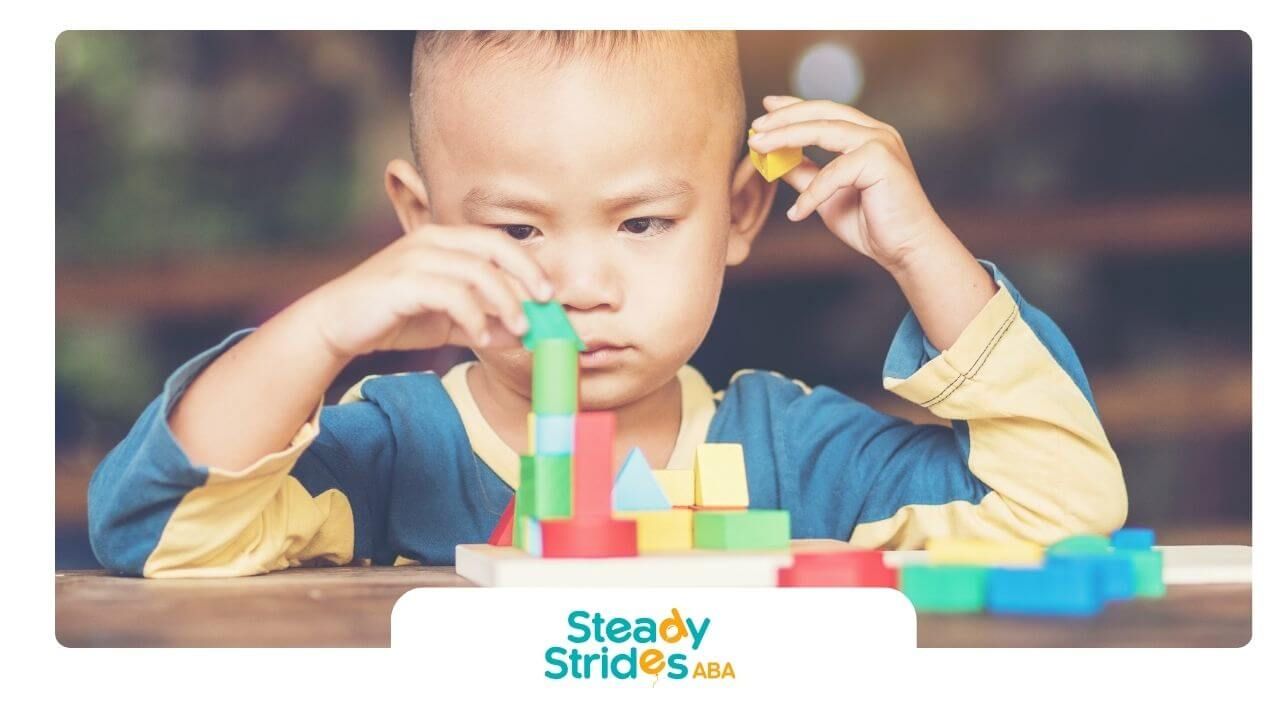Building friendships can be one of the most rewarding experiences in a child’s life. For children with autism, developing meaningful social connections can sometimes be more challenging due to differences in communication, behavior, and sensory processing. However, with the right support and strategies, children with autism can form deep and lasting friendships.
This guide offers valuable insights into understanding how autism impacts friendships and provides practical tips to help your child build and maintain positive social relationships.
Why Friendships Are Important for Children with Autism
Friendships are crucial for all children, including those with autism. Social relationships provide emotional support, foster a sense of belonging, and teach valuable life skills such as empathy, cooperation, and conflict resolution. For children with autism, making friends can boost self-esteem, improve social skills, and promote overall well-being. Developing strong, positive friendships is essential for their growth and happiness, just as it is for neurotypical children.
Children with autism often face unique social challenges. They may have difficulty interpreting social cues, understanding nonverbal communication, or initiating and maintaining conversations. This can make it harder for them to connect with others. Additionally, sensory sensitivities or routines might impact their ability to engage in activities that are common in social situations. However, with the right support, these challenges can be addressed to help children build meaningful friendships.
Key Challenges in Building Friendships for Children with Autism
- Difficulty with Social Cues: Children with autism may struggle to pick up on subtle social cues, such as body language, facial expressions, or tone of voice. This can make interactions confusing, leading to misunderstandings and frustration. For example, a child with autism might not realize when a peer is trying to end a conversation or may not know how to appropriately join a group of children who are already engaged in play.
- Challenges with Communication: Some children with autism are nonverbal or have limited speech. Even for children who are verbal, forming meaningful sentences or understanding the flow of conversation can be difficult. This can hinder their ability to express themselves or engage in back-and-forth dialogue with peers, which is essential for building friendships.
- Sensory Sensitivities: Many children with autism experience sensory sensitivities. These sensitivities can make certain social settings overwhelming. Loud noises, crowded spaces, or bright lights may cause distress, making it challenging for children to participate in group activities or playdates.
- Rigidity in Routines: Children with autism may rely on structured routines to feel comfortable and safe. Unexpected changes or deviations from their routine can lead to anxiety or meltdowns. This rigidity can interfere with spontaneous play or joining in on activities with peers.
Strategies to Support Friendships for Children with Autism
While children with autism may face challenges in social interactions, there are many ways parents and caregivers can help them develop meaningful friendships. Here are some practical strategies to support your child in building and maintaining friendships:
1. Promote Social Skills Training
Social skills training can be a game-changer for children with autism. Social skills programs teach children how to engage in appropriate social behaviors, such as making eye contact, using greetings, and taking turns. These programs often use role-playing, modeling, and reinforcement to help children understand the nuances of social interactions.
ABA (Applied Behavior Analysis) therapy is one effective approach to teaching social skills. ABA therapists can work with your child to break down social tasks into smaller, manageable steps, making it easier for your child to learn how to navigate various social situations.
2. Create Structured Playdates
Playdates are essential for helping children practice social skills in a natural environment. However, unstructured play can be overwhelming for children with autism. To ensure a successful playdate, it’s helpful to structure the activity. For example, you can plan a specific activity, such as a board game or art project, to give children something to focus on and guide their interaction.
Before the playdate, communicate with the other child’s parents to ensure they understand your child’s needs and preferences. It’s also important to be present during the playdate to offer guidance and help facilitate interactions if needed.
3. Encourage Peer Interactions in Safe Environments
Some children with autism feel more comfortable in structured environments with clear expectations. Encouraging peer interactions in safe, familiar spaces, such as your home or a quiet park, can reduce anxiety and make it easier for your child to connect with others. Smaller groups are often more manageable than large crowds, which can be overwhelming.
It’s also important to teach your child how to approach others and initiate conversations. Practice simple conversation starters, such as "Hi, how are you?" or "Do you want to play?" with your child at home before encouraging them to use these skills in real-life situations.
4. Teach Empathy and Emotional Awareness
Developing empathy is an important part of building friendships. Children with autism may struggle to understand or express emotions, so it’s important to teach them about different feelings and how to recognize emotions in others. You can do this by using visual aids, such as emotion charts, or reading books that focus on emotions.
By understanding emotions and how they impact others, children with autism can develop stronger connections with their peers and respond more appropriately to social situations. For example, learning to recognize when a friend is upset can help your child offer comfort or ask if they want to talk.
5. Foster Common Interests
Finding common interests can make it easier for children with autism to connect with their peers. Whether it’s a shared love of a particular game, hobby, or subject, common ground gives children a starting point for conversations and play. Encourage your child to participate in activities that interest them and offer opportunities for them to meet other children with similar interests.
6. Provide Positive Reinforcement
Reinforcing positive social behaviors can motivate your child to continue practicing their social skills. Praise your child when they make an effort to interact with others, whether it’s asking a peer to play or sharing a toy. Positive reinforcement can help your child feel more confident in social situations and encourage them to keep building their social skills.
7. Teach Flexibility in Social Situations
Many children with autism struggle with flexibility and may feel anxious about changes in plans or routines. Teaching your child to be flexible in social situations is an important step toward building friendships. Encourage your child to practice adjusting to new situations, such as playing a different game than expected or joining a group activity they hadn’t planned for.
Start with small changes and gradually increase the level of flexibility required. Over time, your child can learn to adapt more easily to different social settings.
8. Provide Emotional Support and Guidance
Building friendships can be a frustrating and sometimes disheartening process for children with autism. It’s important to offer emotional support and guidance throughout this journey. Be patient, celebrate small victories, and acknowledge your child’s efforts, even if they don’t always lead to successful friendships.
If your child struggles with making friends, consider seeking additional support from an ABA therapist, speech therapist, or social skills coach. They can provide targeted interventions to help your child overcome specific barriers to friendship.
How Steady Strides Can Help
Steady Strides offers specialized ABA therapy services that focus on social skills development and fostering friendships for children with autism. Our experienced therapists work closely with families to design individualized programs that promote social engagement, emotional awareness, and communication.
By using evidence-based strategies like role-playing, social stories, and peer interactions, Steady Strides supports children with autism in building the skills they need to form meaningful friendships and thrive socially.
Frequently Asked Questions
How can I help my child with autism make friends?
Start by providing structured social opportunities like playdates, teaching social skills through role-playing, and offering praise for positive interactions. Focusing on common interests and encouraging peer interactions in safe environments can also help.
Can ABA therapy help my child with autism develop friendships?
Yes! ABA therapy is an effective way to teach children with autism social skills, emotional awareness, and communication. ABA therapists use personalized strategies to support children in developing meaningful friendships.
How can I address my child’s sensory sensitivities during playdates?
Talk to the other child’s parents ahead of time to ensure the environment is sensory-friendly. Consider hosting playdates in quieter settings and allow for breaks if your child becomes overwhelmed.
Resources:
- https://pmc.ncbi.nlm.nih.gov/articles/PMC2970745/
- https://www.autismspeaks.org/social-skills-and-autism
- http://www.autism-help.org/behavior-positive-reinforcement-autism.htm
- https://www.autismparentingmagazine.com/autism-and-social-cues/
- https://www.autismparentingmagazine.com/structured-unstructured-play/






